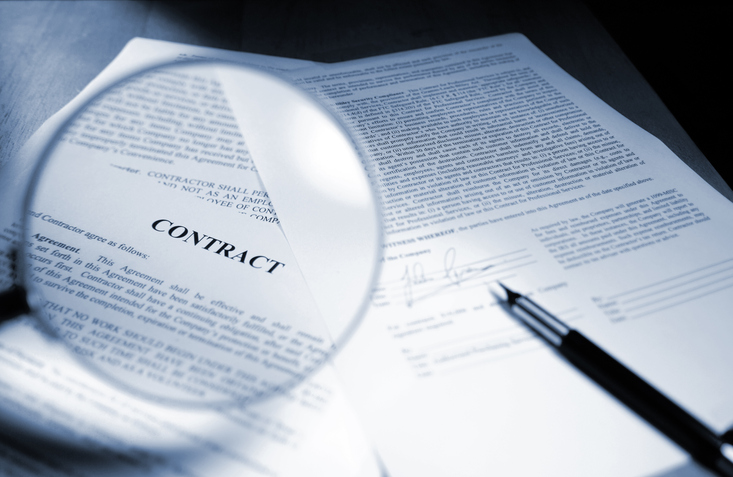By H Clay Parker | Published July 12, 2024 | Posted in Business Litigation, Business Torts | Tagged Tags: Business Litigation, interference, Tortious | Comments Off on How a Business Can Bring or Fight a Tortious Interference Claim

How a Business Can Bring or Fight a Tortious Interference Claim
Tortious interference is a legal term that refers to a civil wrong where a third party’s intentional actions disrupt either an existing contract or a business relationship, resulting in financial harm to another party. It’s a cause of action in business litigation where an aggrieved party can seek monetary damages for the losses incurred due Read More
Read More
Defending Against Foreclosure Actions in Florida
Foreclosure is a legal process where a mortgage lender seeks to take possession of a property when the borrower has defaulted on the loan. Florida is a judicial foreclosure state, which means that the lender must file a lawsuit, prove their case in court and obtain a final judgment of foreclosure. This judgment allows them Read More
Read More
Complying With FinCEN Benefit Ownership Information Reporting
In the wake of increasing concerns about illicit financial activities and money laundering, the Financial Crimes Enforcement Network (FinCEN) implemented the Beneficial Ownership Information (BOI) reporting rule in compliance with the Corporate Transparency Act (CTA) of 2021. The primary objective behind this new regulation is to bolster the capacity of FinCEN and other pertinent agencies Read More
Read More
Understanding the Reach of the FTC Ban on Noncompete Agreements
In April 2024, the Federal Trade Commission (FTC) announced a new rule that broadly bans noncompete agreements in employment contracts across the United States. The rule not only prohibits the enforcement of new noncompete agreements but also requires employers to rescind most existing agreements and inform affected employees of the change. A noncompete agreement between Read More
Read More
Valuation is Key to Successful Acquisition of a Business
Acquiring a business can be a strategic move that propels your company forward. However, before diving headfirst into a deal, you need to comprehend the target company’s true value. Business valuation is the process of determining the economic worth of the company you’re interested in purchasing. By employing various valuation methods, you gain valuable insights Read More
Read More
Enforceable Non-Compete Agreements in Florida
In today’s competitive business landscape, Florida employers frequently utilize non-compete agreements to shield their legitimate business interests. A non-compete prohibits an employee agrees not to compete with their employer’s business during employment, or work in or start a competing business for a fixed period of time after leaving the employer. Noncompete clauses are often used Read More
Read More
Essential Clauses for Every Business Contract
A well-drafted business contract is the cornerstone of any successful commercial transaction. It clearly outlines the rights and obligations of each party, minimizing the risk of misunderstandings and disputes down the line. However, many contracts lack essential clauses that can leave businesses exposed in unexpected situations. While the specific details will vary depending on the Read More
Read More
Understanding Bad Faith Insurance Claims
Most of us pay insurance premiums with the peace of mind that, in the event of a covered loss, our insurer will be there to financially support us. But what happens when the company you rely on to protect you throws unexpected roadblocks in your path? In such situations, you might have a case for Read More
Read More
Protecting Your Company With a Noncompete or Nonsolicitation Agreement
Noncompete agreements and nonsolicitation agreements can be used by an employer to limit activities of an employee after their relationship has ended. Such agreements are often entered into freely when an employee accepts the position with the company. However, there is a growing trend in the U.S. to restrain use of noncompete and nonsolicitation agreements, Read More
Read More
How a Buy-Sell Agreement Can Avert a Bad Business Breakup
“Business divorce” is an apt term for the often messy and tumultuous ways in which a closely held business can undergo a momentous change. Just as with a marriage, small business breakups are often emotional and disruptive since they create rifts in once-steadfast relationships. No one starting up a business wants to contemplate its breakup, Read More
Read More
